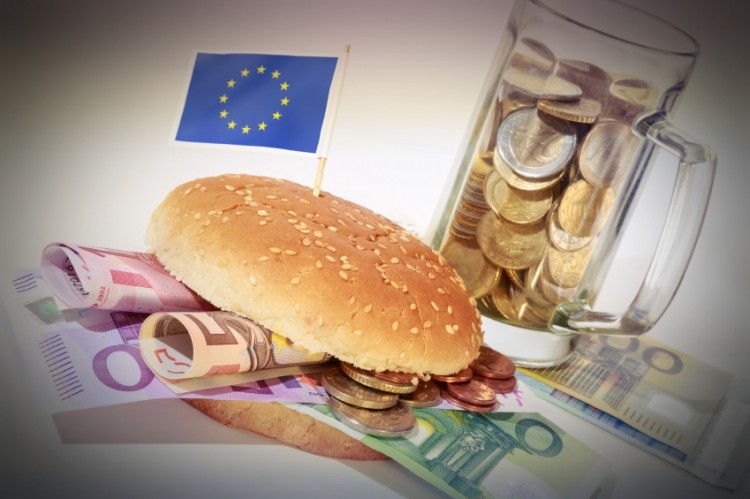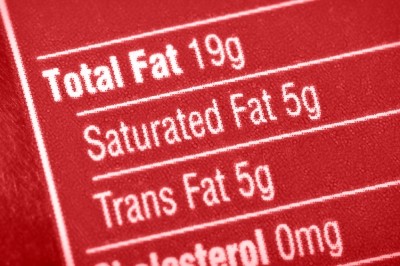Will Italy also debate a sugar and sat fat tax?

According to a text accompanying the short bill, the international study Health Behaviour in School-aged Children-Comportament (HBSC – Italy) found in 2010 that almost one third (29.3%) of boys and just under one fifth (19.5%) of girls aged eleven years old were overweight or obese.
“This finding is of particular concern, as it indicates that the obesity phenomenon is expanding and most commonly affects the younger generation.
"It is evident, [of] therefore, the need not to neglect the institutional commitment in this matter, with particular reference to preventive policies and the monitoring of those products and additives which present particular risk profiles,” reads the text in Italian.
The bill was drafted by the Italian Left and Five Star Movement political parties.
It focuses on saturated fats in palm oil; industrial trans fats; sugary drinks and artificially-sweetened diet drinks.
According to the bill, palm oil contains high levels of saturated fats – a combination of lauric acid and palmitic acid at levels of around 50% - and it therefore proposes doing away with the reduced VAT rate of 4% that palm oil currently enjoys and applying the full rate of 22%. The same would also apply to foods containing hydrogenated and partially hydrogenated oils that have high levels of industrially-produced trans fatty acids.
Article three of the proposed bill would see a tax levied on drinks that contain high levels of sugar and artificial sweeteners, with the money raised being used to finance nutrition education campaigns. However it does not specify what the thresholds would be.
Sugary drinks, as well as their diet counterparts, would also be required to bear a label warning of the risks of obesity and related diseases in the event of excessive consumption.
Industry unconcerned
But despite the announcement by the UK government earlier this year that Britain's sugary drinks tax will go ahead, coming into force in 2018, the European soft drink association, UNESDA, seemed worried by the proposed Italian bill.
A spokesperson told FoodNavigator it had been presented by only 10 of the 900 parliamentarians back in March and had yet to be discussed.
“The proposal is to limit the consumption of soft drinks - both sugar sweetened and no calorie. It is one of many hundreds of proposals and is not signed by a governmental party.
“Italy has among the lowest soft drinks consumption in Europe. They contribute just 1% of calories to the average Italian diet. They carry a VAT rate of 22%," the spokesperson added.
Nathalie Lecocq, secretary general of Fediol, the trade group for Europe’s vegetable oil and proteinmeal industry said it did not support the use of taxes for trying to change the market, production and consumer behaviour.
“Taxes are discriminatory and have market distortive effects. Experience in countries where taxes have been implemented shows that discriminatory taxes are not effective for tackling complex diet and lifestyle related problems,” she said.








